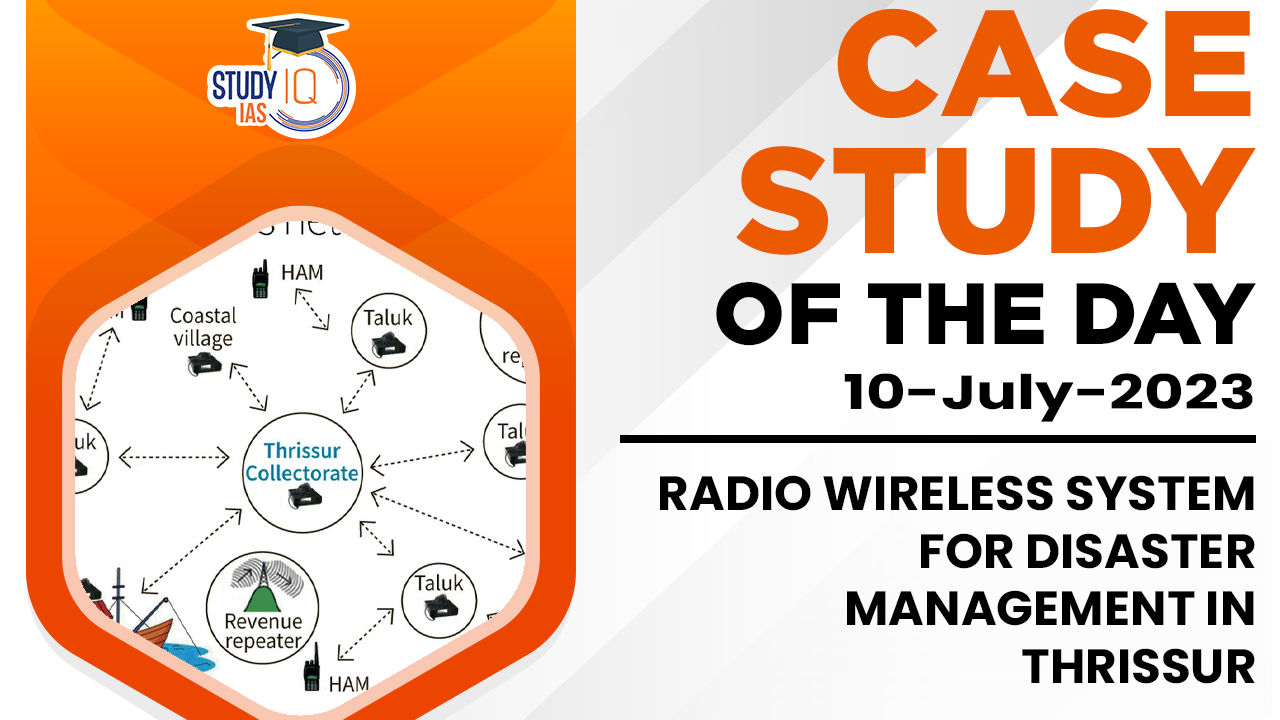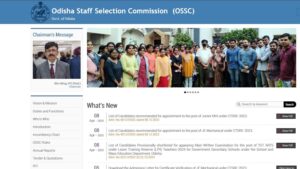Table of Contents
Introduction
Disasters can strike at any time, and they often disrupt communication systems. This can make it difficult for disaster management teams to coordinate relief and rescue efforts.
Initiative
The Revenue Department in Thrissur, Kerala, has implemented a radio wireless system to help improve disaster management. The system consists of a network of radios that are connected to a central hub. The radios are battery-powered and can operate even when there is no power or cell phone service.
Benefits
The radio wireless system has a number of benefits for disaster management. It is:
- Reliable: The system is not affected by power outages or cell phone service disruptions.
- Scalable: The system can be easily scaled up to meet the needs of a large disaster.
- Cost-effective: The system is relatively inexpensive to install and maintain.
Impact
The radio wireless system has been used to successfully coordinate relief and rescue efforts during several disasters in Thrissur. In one case, the system was used to help rescue a group of fishermen who were stranded at sea during a storm. The fishermen were able to use the radios to communicate with the Coast Guard, who were able to rescue them.
Conclusion
The radio wireless system is a valuable tool for disaster management. It is reliable, scalable, and cost-effective. The system has been used to successfully coordinate relief and rescue efforts during several disasters in Thrissur.


 Daily Quiz 18 April 2025
Daily Quiz 18 April 2025
 OSSC CGL Syllabus 2025 and Exam Pattern ...
OSSC CGL Syllabus 2025 and Exam Pattern ...
 AI and its Regulation in India, Limitati...
AI and its Regulation in India, Limitati...





















